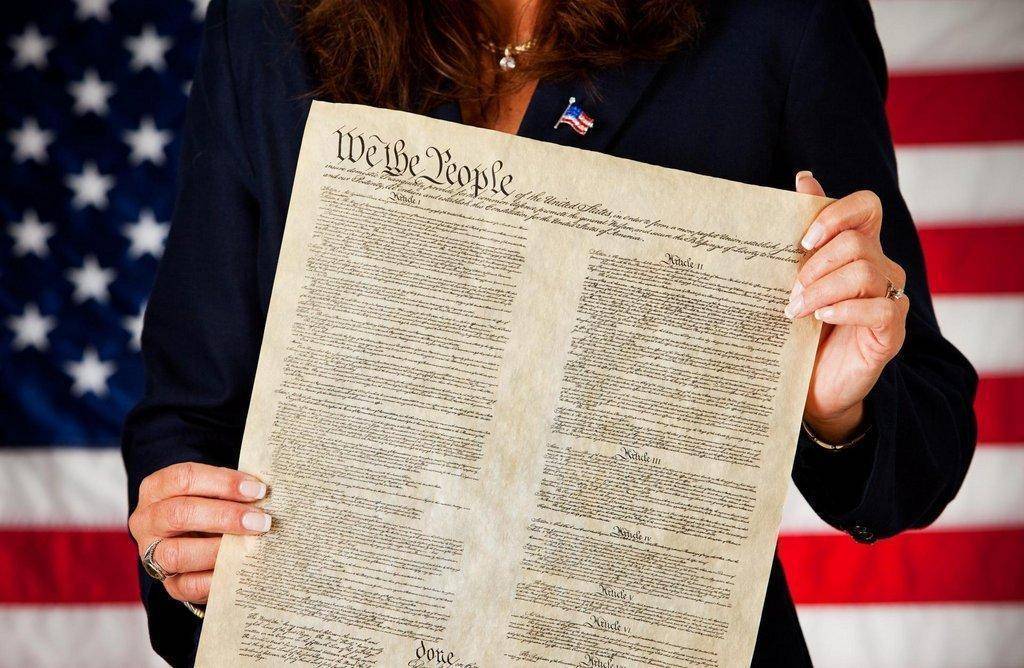By Julene Reese
In recent years, strides have been made to increase the number of women serving as elected officials in Utah, but there is still significant work to be done. Utah is currently ranked 32nd in the country for female representation in state and federal offices. Utah has never elected a female governor or a U.S. Senator, and only two women have served in statewide executive offices. Also, research shows lower percentages of women in county and municipal elected positions compared to nationwide averages.
A research study by Utah State University’s Utah Women & Leadership Project (UWLP), in conjunction with USU Extension and Utah Valley University, was conducted to learn more about women’s experiences in elected public offices to better understand Utah’s numbers. The research team collected data for the study in May and June of 2020. Current and former female elected officials were recruited via email, social media and through listservs, with 118 respondents.
Respondents reported that the top challenges associated with being in an elected office were:
1. Gender bias – Many spoke of having to break through the “good ole’ boy” network. Women shared experiences of being talked over or down to, feeling “dismissed” and being asked inappropriate and personal questions. 2. Being subject to public criticism, rumors and personal attacks – One participant stated that public scorn, humiliation and slander were her most significant challenges.
3. Meeting the time commitment – Many noted the challenge of serving in an elected office, campaigning, and juggling family and work.
4. Facing the challenges associated with running for office – Fundraising, opponents’ negative campaign tactics, long hours and lack of knowledge about how to run a campaign were noted. One participant shared, “Both of my election runs were personal crucibles that shined light on my flaws and insecurities.”
According to Susan Madsen, founding director of the Utah Women Leadership Project and inaugural Karen Huntsman Endowed Professor of Leadership in USU’s Huntsman School of Business, though there are definitely obstacles, women need to be at the political table.
“Research shows that when women serve in a statewide elected office, women in those states have higher levels of political activity, knowledge, interest and efficacy,” she said. “In addition, young women also show a greater interest in politics when women are serving in high-profile government offices. Generally speaking, when women see other females serving in office, they are more likely to engage in the political process and feel connected to the political system, and we need that in our society.”
April Townsend, UWLP research fellow, noted that American democracy is grounded in the idea of representation.
“Our research shows that residents and communities benefit when more equal numbers of men and women work together in decision making and problem solving,” she said. “We know that the best policies are made when both are part of the process.”
Candice Pierucci, UWLP research associate and lead researcher for the study, said that to most effectively prepare Utah women to run for office, there needs to be a deeper understanding of women’s experiences in both running for and serving in political offices.
To provide support for other women considering seeking elected office, participants were asked to offer their advice. Their top 10 recommendations are:
1. Be transparent and honest.
2. Be yourself, do your best and have no regrets.
3. Stay true to your values and trust your gut.
4. Talk straight, keep it brief and stand your ground.
5. Be prepared with the facts – read, research and ask questions.
6. Be tough and develop a thick skin – there will always be those who will criticize your efforts.
7. Remain professional, even if others do not. The system may not support you, but do it anyway.
8. Take time off if you are struggling, even just for a walk or an escape to a movie.
9. Be brave and bold, flexible but consistent, kind and humble, and gracious and grateful.
10. Remember that while making yourself subject to public scrutiny is challenging, the example you set for others is powerful.
Speaking to women who feel like they stick out in a male-dominated entity, one legislator who responded said, “Being different doesn’t mean you don’t belong, it means your voice is needed more than ever.”
As Utah works toward increasing female representation in elected offices, the study provides four suggestions: ask and encourage women to run for office, be a mentor or sponsor, support women candidates, and support leadership development of young women and girls.
One participant shared a quote by Steve Jobs, “If you want to make everyone happy, don’t be a leader – go sell ice cream.” Another woman said, “Breaking glass ceilings hurts, yet it is worth the pain, and eventually you become more resilient and care less about what others say and think of you.”
Madsen said the research concludes that understanding the benefits of running and serving will definitely outweigh the risks and challenges that may emerge.
“Utahns need more women to run and serve in elected posts at all levels of government, and the research is clear that as we do so, we can lift all Utah residents and the state as a whole,” she said.
The research study can be found at: https://www.usu.edu/uwlp/files/briefs/28-perceptions-of-women-elected-officials-in-utah.pdf.

